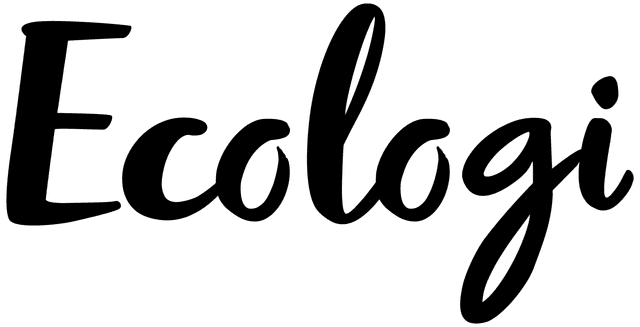)
I once heard someone say "a company with a great brand gets to play the game of capitalism on easy mode". It really resonated with me.
With a great brand, everything becomes easier, faster, and less costly. Sales flow more smoothly, customers come back without hesitation, and top talent lines up to join. A strong brand doesn't just make an organisation memorable—it transforms it into a magnet for opportunity.
) Brands Create Functional Value
Brands Create Functional Value
While brands often get celebrated for their emotional allure and intangible impact, they also deliver measurable, functional value that directly fuels an organisation's operations, decision-making, and growth. A strong brand doesn't just feel good—it's employee of the month, every month.
Unlike other assets, a brand can amplify every part of your business. It reduces friction in decision-making, for both customers and your team, while commanding higher value and driving sustainable growth. When executed well, a brand turns obstacles into stepping stones, allowing organisations to thrive where others stumble.
This is the true power of a great brand: it tilts the playing field in your favour, creating advantages that no other asset can replicate. If you're not tapping into that power, you're working harder than you need to.
Now, let's break down some of the biggest wins a brand brings to the table and why you should be investing everything you can into building it.
Provides a Unifying Identity
A brand acts as the glue that binds all aspects of an organisation—its products, people, purpose, and culture—into a coherent, recognisable identity. It cuts through complexity, offering a single story that resonates both internally and externally, and ensures consistency across markets and touchpoints.
Differentiation Streamlines Decision-Making
A strong brand differentiates a company from the competition. It creates a distinct meaning in customers' minds, simplifying choices for everyone—customers, employees, and leadership alike.
Internally, a brand serves as a strategic compass. It fosters alignment and reduces ambiguity, empowering employees to make decisions with confidence and efficiency. Externally, it shapes consumer preferences, reducing decision fatigue and making it easier for customers to choose you.
Creates Long-Term Value
Beyond initial transactions, a brand creates clarity and consistency that keeps customers coming back. Products might solve problems, but brands create meaning. They transform fleeting transactions into lasting relationships by embedding an organisation's essence into every interaction, driving loyalty and advocacy.
This reliability—knowing what to expect every time—turns buyers into brand champions, slashing churn rates and boosting lifetime value.
Unlike other assets that depreciate, a well-managed brand appreciates in value. A strong brand can also inspire shareholder confidence and elevate valuations, making it one of the most enduring competitive advantages.
Supports Premium Pricing
When a brand is trusted and valued, it transforms perceived quality into tangible value. Customers are willing to pay more, not just for the product or service itself, but for what the brand represents. Think of Patagonia, which commands premium pricing because of its commitment to environmental responsibility, or M&S, which is trusted for its quality and consistency.
Builds Trust at Scale
Trust can't be manufactured or bought—it's earned. And a brand is uniquely capable of scaling that trust. Through consistent experiences, authentic messaging, and delivering real value, a brand becomes a symbol of reliability. This kind of trust helps organisations maintain credibility, even in competitive or uncertain times.
A reputable brand also attracts top talent, as people want to be part of something successful and respected.
Improves Marketing Efficiency
A strong brand reduces the cost and effort required to attract and retain customers. With built-in recognition and trust, there's less convincing needed. Campaigns perform better because the brand already carries its own equity, making every pound spent work harder.
A brand with loyal customers can also break into new markets and industries with ease, access new distribution channels, and form strategic partnerships that might be out of reach for lesser-known players. Think of how Disney hit 10 million subscribers within its first day of launching its streaming service—brand power at its finest.
) Brand Equity Reduces Risk
Brand Equity Reduces Risk
Over time, a well-groomed brand accumulates significant equity—the intangible value that comes with a trusted name. This equity can be leveraged, licensed, or even sold. It also acts as a buffer in tough times. Whether launching a new product, entering a new market, or navigating a crisis, a trusted brand mitigates uncertainty, making bold moves less risky and more likely to succeed.
Wrapping Up
At its core, a brand isn’t just a marketing tool—it turns the soul of an organisation into a powerful business asset. Its functional value lies in optimising systems, reducing inefficiencies, and making growth more achievable. When you pair that with emotional resonance, a brand becomes the single most versatile and potent tool in an organisation's arsenal.
Ready to Tilt the Playing Field?
If your brand isn’t working this hard for you, it’s time for a rethink. Get in touch with us to discover how we can help you create a brand that not only feels great but works wonders for your business.
&w=64&q=10)
)
&w=64&q=10)



